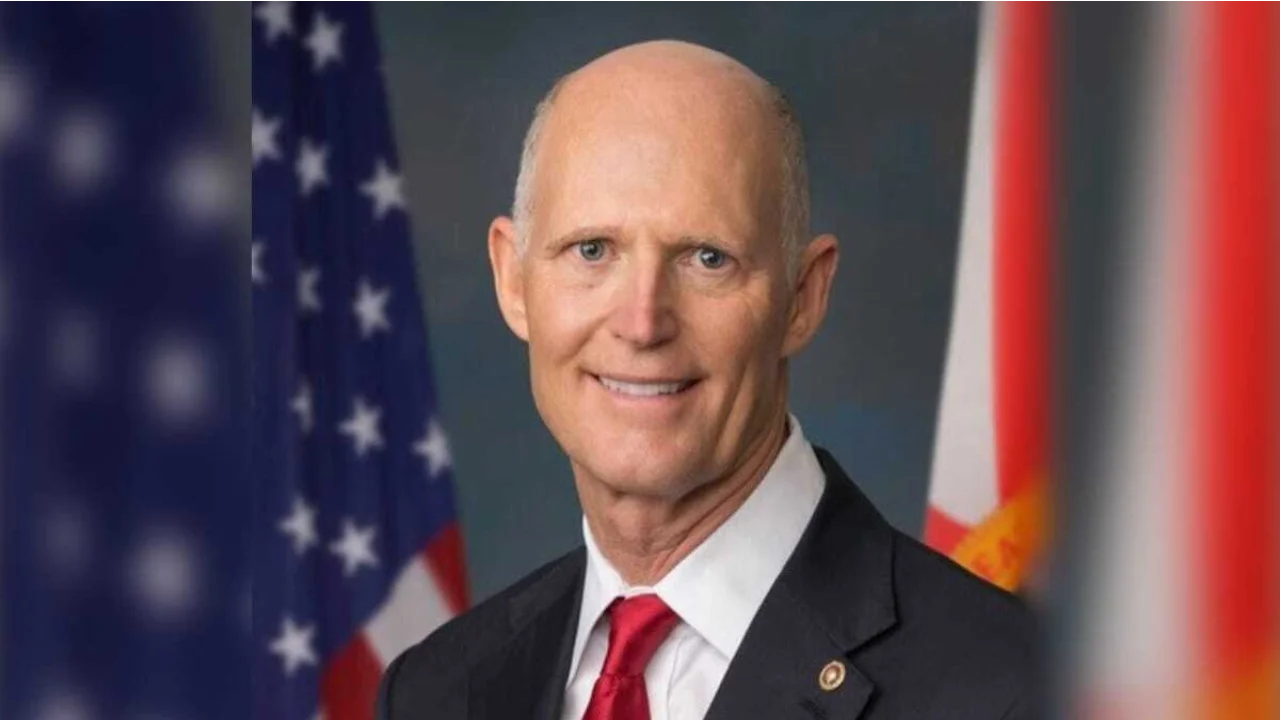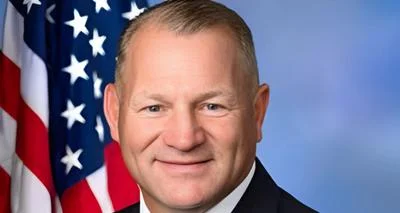Chairman Rick Scott of the U.S. Senate Special Committee on Aging convened a hearing in Washington, D.C., focusing on the vulnerabilities in the United States’ pharmaceutical supply chain, particularly regarding generic drugs produced overseas. The hearing, titled “Bad Medicine: Closing Loopholes that Kill American Patients,” is part of the committee’s broader efforts to address the risks posed by America’s dependence on foreign-manufactured generic drugs.
The session included testimony from Tony Sardella, founder and chair of the API Innovation Center; Tony Paquin, president and CEO of iRemedy Healthcare, Inc.; and Andrew Rechenberg, economist at the Coalition for a Prosperous America. These witnesses discussed ways to strengthen domestic manufacturing, improve supply chain transparency, enforce country-of-origin labeling, and close loopholes allowing unsafe medications into the U.S. market.
Chairman Scott opened with a warning about reliance on overseas suppliers: “The terrifying reality we face is that our nation is completely beholden to Communist China and India for the vast majority of our generic drugs and their ingredients.” He cited research by Tony Sardella showing that 83% of the top 100 generic drugs consumed in the U.S. have no domestic source for active ingredients, with another 11% relying on only one U.S.-based supplier.
Scott emphasized potential consequences if supply from these countries were interrupted: “If Communist China or India shut off the flow of these essential drugs, the U.S. would only have months of prescription drug supply, forcing us to begin rationing drugs and turning away all but the most in need within a matter of weeks!”
He referenced past shortages during crises like the COVID-19 pandemic as examples of what could happen if access to prescription medication was similarly disrupted. Scott also pointed out quality concerns: “A study showed that serious adverse events like hospitalization and even death were 54% more likely for foreign generic drugs compared to American-made generic drugs.”
He shared testimony from former FDA inspector Peter Baker, who stated he would not allow his family to take generics made in India or China due to safety issues: “Peter knew the drug in his grandmother’s prescription was potentially dangerous but had no other options.”
Scott noted bipartisan committee efforts to push for increased FDA oversight and unannounced inspections abroad. He said, “I applaud [FDA Commissioner Makary’s] attention to this dire issue and the Trump administration’s work to increase the amount of unannounced foreign inspections, a crucial first step to holding foreign manufacturers accountable.”
To address these challenges, Scott proposed leveraging federal purchasing power: “The federal government is the largest purchaser of drugs in the United States… If no American option is available, then the federal government should prioritize drugs and ingredients from allies and trade act compliant countries.” He argued that this approach could encourage reshoring pharmaceutical production.
Scott also highlighted legislative proposals requiring country-of-origin labeling for prescription medications: “I will be introducing legislation on country of origin labeling for prescription drugs that would require drug labels include the country where each drug ingredient and the finished drug are manufactured, processed, or compounded.”
He called for action under Section 232—typically used for goods critical to national security—to impose tariffs on imported generics if necessary. “On Friday, I sent a letter to Secretary Lutnick and U.S. Trade Representative Greer encouraging them to immediately place Section 232 tariffs on generic drugs,” Scott said.
In closing, Scott framed access to safe medication as both a public health issue and national security concern: “This is a national security and a public health issue for seniors and all Americans. I look forward to this discussion with our witnesses on how we can make sure Americans never have to worry about missing a dose of their medication or the quality of drugs in their medicine cabinet.”








